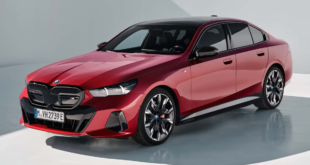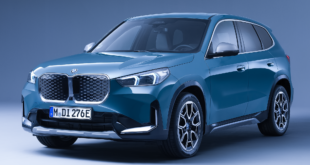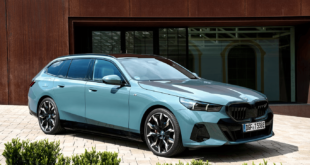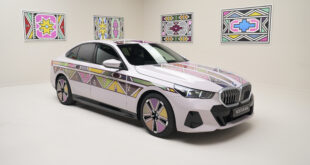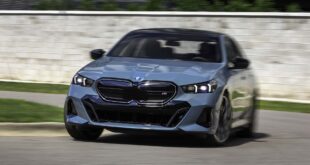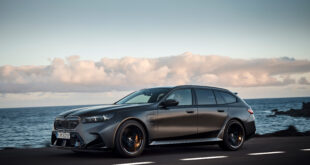The BMW CEO, Oliver Zipse, boldly stated that driving their first battery electric vehicles now provides even more joy than traditional combustion engine cars. This sentiment echoes with the recent test drive of the iX5 Hydrogen by a select group of journalists. Zipse’s statement accurately sets the stage for a closed-door meeting with one of the most influential individuals in the auto industry. The iX5 Hydrogen has generated incredible feedback, and BMW is confident it will not disappoint.

It is no secret that BMW is committed to developing hydrogen-powered cars. In the near future, small fleets worldwide will begin testing the new BMW iX5 Hydrogen. Because to Toyota’s willingness to share parts, a production run appears to be just around the corner. Here are some of the main points of our conversation with Zipse.
According to BMW CEO, Oliver Zipse, hydrogen is a crucial component in the future of sustainable transportation. Zipse believes electric vehicles will continue to gain popularity. He also believes it will reach up to 60% of the market share in some countries. However, he highlights concerns regarding the scarcity and pricing of raw materials. This also includes the challenges associated with charging infrastructure in rural areas. Zipse predicts these issues will become more apparent as early as 2027 or 2028. Therefore, Zipse sees hydrogen as a solution to these challenges and a missing link in sustainable transportation.
When asked about the potential for synthetic fuels, the BMW CEO, Oliver Zipse, seems unenthusiastic. He suggests synthetic fuels would be useful in rescuing the existing combustion engine fleet after 2035. He perceives it as a more significant problem than new car sales. Zipse points out the challenges in terms of viability and regulations that would make it difficult to rely on synthetic fuels as a long-term solution. He believes continuing to drive old cars forever is not the way forward. Zipse describes the combustion engine technology as old and outdated, emitting substantial CO2. Instead, he believes we should focus on sustainable alternatives such as hydrogen and electric vehicles.
Zipse is sceptical about the viability of synthetic fuels and doesn’t see them as a solution for existing fleets emitting CO2. While he is open to internal combustion engine (ICE) technology sticking around, he acknowledges that emissions restrictions are a major obstacle. On the other hand, relying solely on electric vehicles isn’t a viable long-term solution. Zipse believes that for the next 20 years, CO2 reduction will be the primary focus globally and that all available options should be utilized, not just electric vehicles.
 BMW.SG | BMW Singapore Owners Community The Ultimate BMW Community – Established Since 2001
BMW.SG | BMW Singapore Owners Community The Ultimate BMW Community – Established Since 2001



